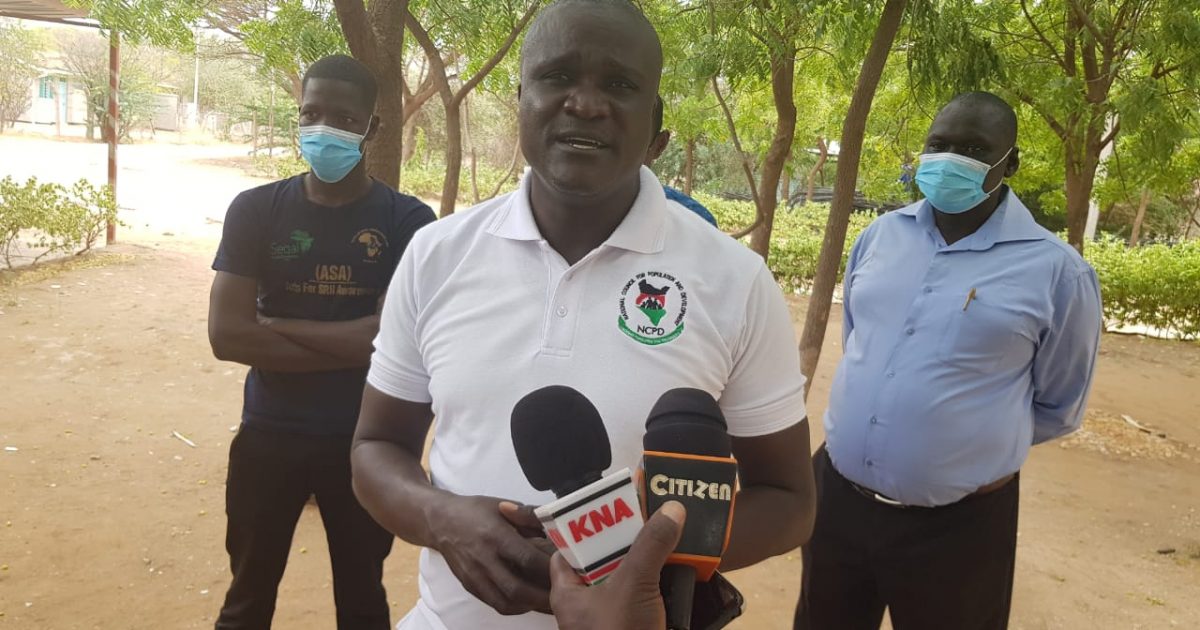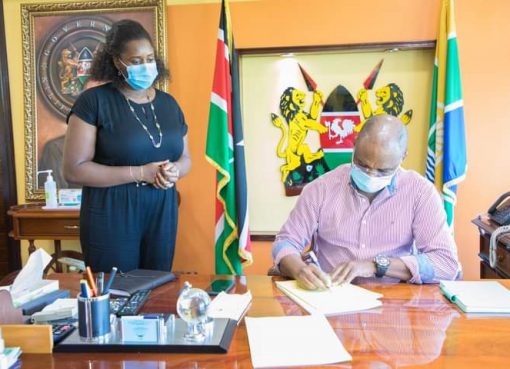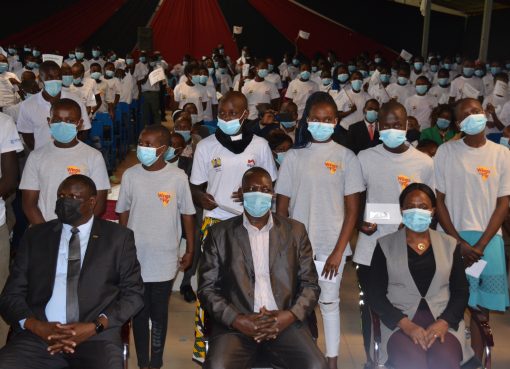There is need to strengthen county committees involved in the fight against Gender Based Violence (GBV), HIV and early marriages among teenagers if the war against the three vices is to be won in the country.
Speaking Monday during the World Population Day Celebration held Garissa University, North Eastern National Council for Population Development (NCPD) Regional Coordinator Moses Ouma said the council identified the three challenges popularly known as the triple threat as the top challenges facing the youth across the country.
Ouma said that the triple threats were real and needed to be tackled head-on failure to which the future of the current generation would be jeopardized.
The coordinator urged the county committees to incorporate other key players so that the war against the triple threats could be sustained and won.
“Coming up with these committees is one thing but making sure they are active is another altogether. These triple threats are real and the earlier we confront them the better. Each one of us has a role to play,” Ouma said.
He said that ten per cent of Garissa teens aged between 15 and 19 are either pregnant or have already given birth to their first baby.
“This is how serious the problem of teenage pregnancy is in Garissa and North Eastern Region at large. Cultural practices especially FGM and illiteracy are to blame for escalating the problems,” he added.
Ouma said that population was a cross cutting issue that directly related to development and the fact that population was increasing rapidly compared to declining resources there is need to increase awareness in the community.
Garissa Deputy County Commissioner Solomon Chesut said members of the public, especially the rural folk, should constantly be educated on far reaching effects of the triple threats.
Chesut said that chiefs, village elders and the nyumba kumi have a big role to play in not only ending the vices but also disseminating the right information to the public.
“We are law enforcement officers and the law is very clear when it comes to practicing some of these harmful cultural practices that have been prohibited under our laws,” Chesut said.
“Any administration officer found abetting them will only have him or herself to blame since serious administrative measures will be taken against them,” he added.
The County Director for Special Programmes Abdinoor Hussein said it is important that all stakeholders put their heads together and confront the issues head on.
Hussein gave the example of North Eastern region where issues of population control should be overemphasized noting that the resources available were not marching the population something he said had led to many bloody conflicts.
The director said the national and county government together with the relevant players must come together to provide opportunities for the youth through proper planning and prioritizing programmes that will empower the youth.
He said that the challenges varied from one county to another noting that teenage pregnancy and FGM were rampant in North Eastern region and that the numbers were worrying hence the need for the stakeholders to make the right response to arrest the situation.
“There is no single person who is placed to end these harmful practices. It is a collective responsibility that involves the sheikhs, elders, the civil society, the youth, and our mothers. Everybody should be involved,” he said.
The purpose of celebrating world population day is to draw the attention of the public to the importance of population issues and the need to curb them.
This year’s world population day in Kenya is ‘ending the triple threats’. It was customized from the World Population Day 2022 of ‘A World of 8 Billion: Towards a Resilient Future for All — Harnessing Opportunities and Ensuring Rights and Choices for All.’
By Jacob Songok




